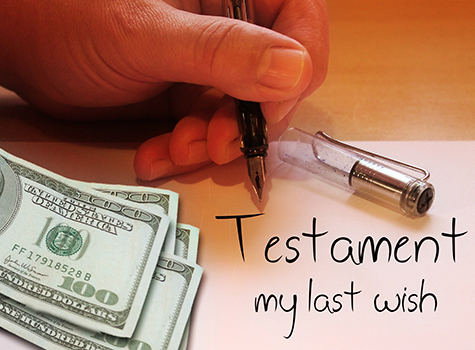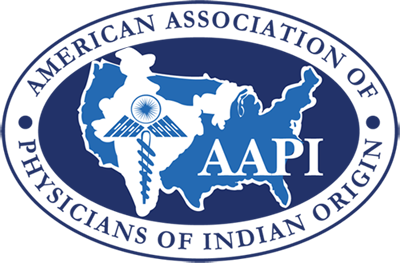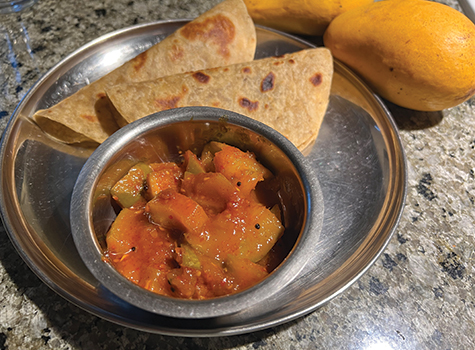Aren’t all memories enhanced?
What happened in a moment or an incident in the distant past, sometimes even the near past, and what we remember of that moment or incident can be a little, shall we say, hazy. This can generate recall of that memory with a bit of colorizing and enhancement, where we may stitch the lost bits with infill.
Outside of photo or video documentation, recall can get blurry as time passes.
Oral histories and family stories have been passed down through generations. I’m sure some were reworked to fill the missing parts of degraded memory. Sometimes folks like to liven up that personal tale they’ve been telling friends and family.
Autobiographies are memory collections presented to readers. The best ones take into account personal lapses and agendas, giving the reader an honest rendering. Some writers may ignore memory lapses and may exclude embarrassing moments. These lifetime-spanning stacks of memory bound into a story or collection leave judgment to readers.
I often awake to foggy mornings, of my mind that is. Out of the blue or maybe induced by a dream, I sometimes awake thinking of a past event or gathering first thing in the morning and am troubled when I can’t remember certain details or persons. Names are a bad memory item for me. In the mornings, it takes a hot cup of chai to reconnect the brain. In the evenings, sometimes a glass of velvety red wine fires up clarity and startles me with recall of long forgotten moments. Mundane daily things, what I had for breakfast yesterday, can be forgotten, but the memorable things, or what should be memorable, also become mushed with that hazy lot.
These bouts of fogginess appear in my brain now more often than in the past. Sure, aging has something to do with it. Also, there’s just so much content and trivial info we process daily, that our minds become even more clogged. Scattering memories that we would like to remember while infecting thoughts with nonsensical repeaters like some song that keeps playing over and over in the mind.
Here’s a way to test the bounds of memory of something memorable that happens to you. Jot down the details of an event or an interesting day, even some quirky minor things, on a piece of paper and save that note or piece of paper. Fold that piece of paper, date it, and store it somewhere safe that you can recover later. Revisit it a year or two later. Keeping an unbound time capsule of sorts.
Diaries and blogs do the same thing, but they require regular entries, and most people don’t have the time or inclination, so an occasional logging of memory note to your future self is my suggestion. Also, the scarcity of such documents makes them even more valuable.
A year or two later, see how your memory holds up to the first person observed reporting you did on that note, on that date. First recall what happened and then open what you wrote down. Maybe you can do this for a five-year period or longer. I’ve left notes to self and found them years later in a forgotten storage box.
I’m suggesting a piece of paper in our digital age because I think the physicality of paper gives it more grounding, warmer meaning, a rarity in contemporary times. Digital data, photos, videos, all get mired into the vastness of digital chaos and wind up in the ether of clouded brain cells, social media deluge and eventually in the bowels of endless data in cloud storage.
I think a handwritten piece of paper, like an old, cherished photograph, or a found old handwritten letter, has special value. It’s a segment in the memory vault that feels real.
I suggest writing down added details, along with let’s say thoughts on that wedding you attended, something like, “a book fell off a bookshelf and popped me on the head, while frantically getting dressed for the wedding on this Sunday morning mid-May, date and time…” A reread of this note later will enhance that recalled memory, maybe even more than any photos or videos taken that day, because you will reinsert yourself into the forgotten folds of that day.
Memory lapses or recalling something in a heated persuasion situation are also the bane of relationships.
How many spousal conflicts would be avoided if memory gestation took hold fully and there was a mutually understood language? “That’s not how I remember it,” maybe one of the most universally spewed statements in such arguments.
So, as I was saying, oh, wait a minute, hold on, damn, I just remembered I was supposed to do something for my wife today, she asked me a week ago to remember it…, crap, anyway, remember this moment, remember this day, jot it down and put it away.
You and your memory will meet again.
———-
Samir Shukla is the editor of Saathee magazine. Contact – Samir@saathee.com



